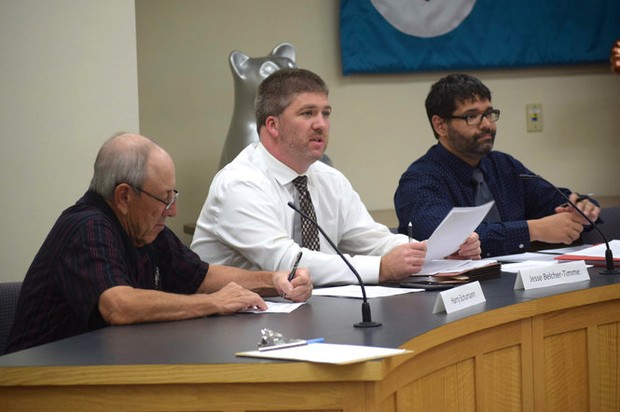The Massachusetts Medical Society is offering a continuing medical education curriculum on medical marijuana.
Massachusetts Medical Society President Henry Dorkin said the medical society continues to oppose both medical and recreational marijuana use. Medical marijuana became legal in Massachusetts in 2012, and recreational marijuana was legalized on the ballot in 2016. But he said the medical society must take into account the reality that patients will use marijuana.
“Since it passed as the law of the land, we have to see how it can be implemented with the least injury, toxicity and problems associated with it,” Dorkin said.
The curriculum was developed by TheAnswerPage.com, a medical education website that offers content about medical marijuana.
The curriculum will teach doctors about dosing of marijuana and drug interactions. Doctors will learn about the medical, physiological and mental health impacts of marijuana. They will also learn about the medical use of cannabis to treat the symptoms of specific diseases such as cancer, epilepsy, HIV/AIDS, multiple sclerosis and others.
The curriculum provides information about recommending cannabis and about how federal law views medical marijuana.
So far, there are only 210 doctors registered in the state who can recommend marijuana to patients as of Oct. 31, according to statistics from Massachusetts’ medical marijuana program. That indicates that most doctors are still not comfortable recommending it to patients.
Dorkin said the medical society is not trying to convince more doctors to write recommendations for marijuana.
“We’re not in any way urging people to write for this,” Dorkin said. “But it’s a fact of life that marijuana exists, it’s legalized in the commonwealth of Massachusetts, and the reality is physicians need to be educated about marijuana, and they need to learn to deal with its effects on patients.”
credit:masslive.com

